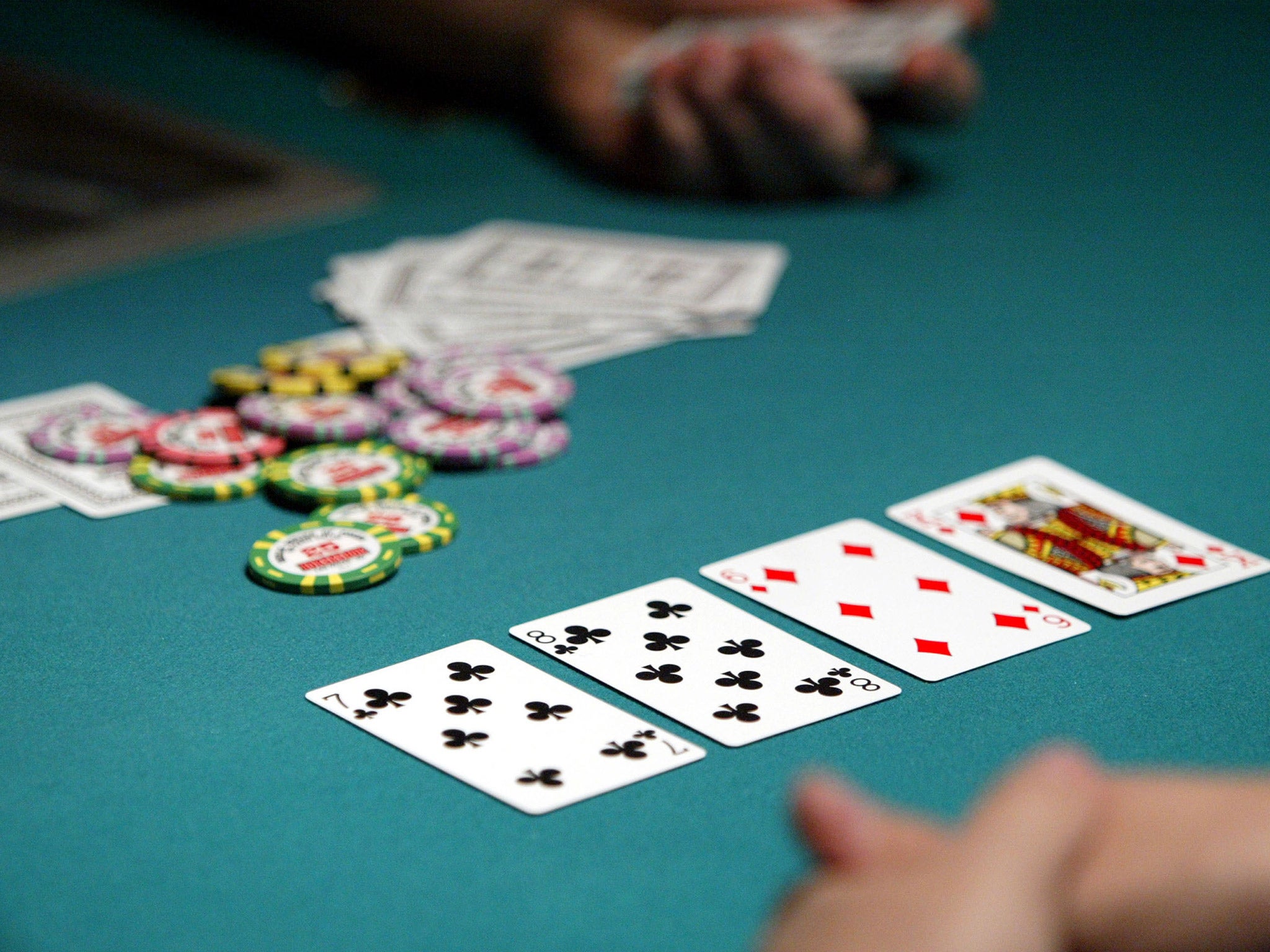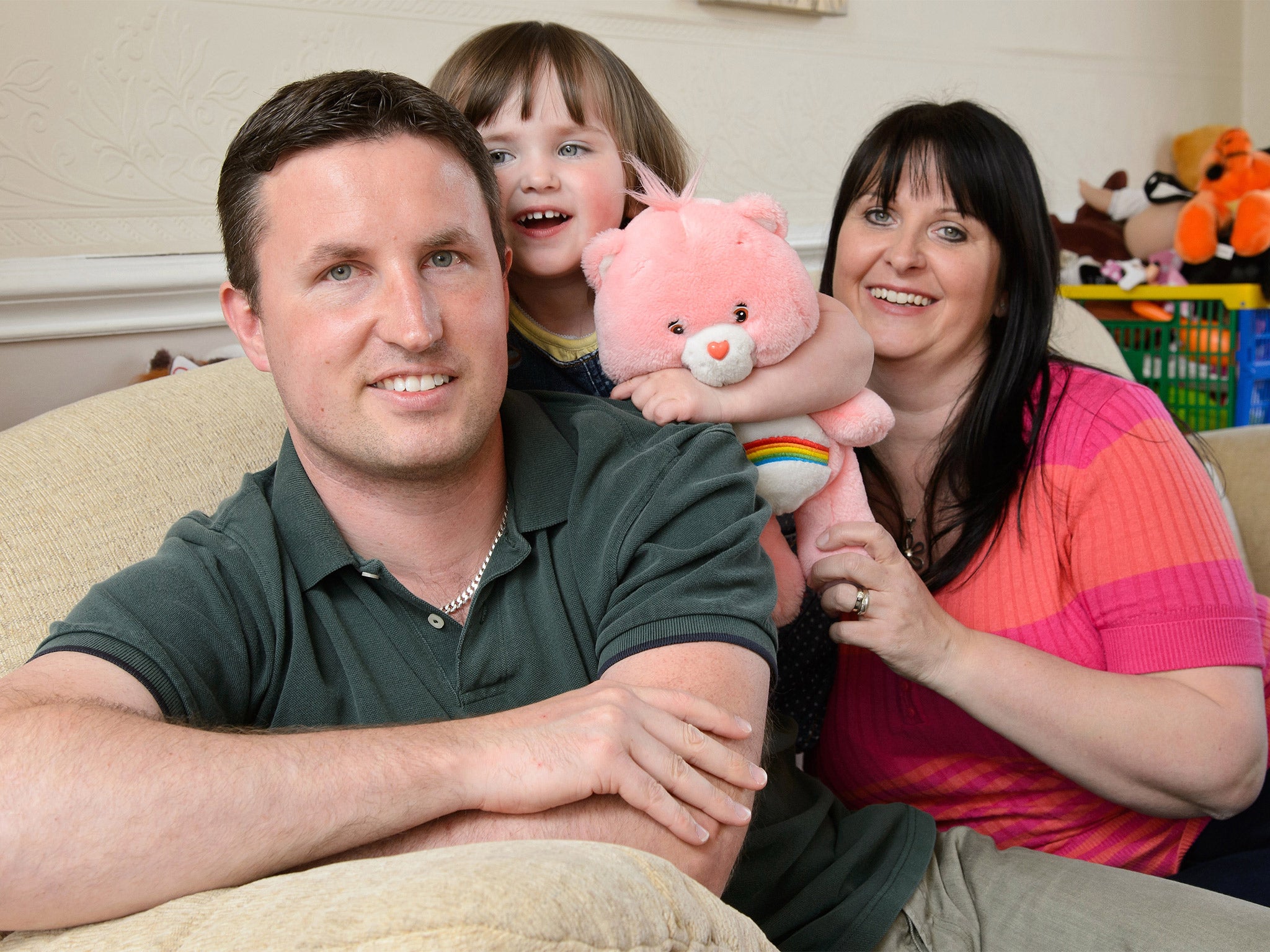Parkinson's drug found to encourage the risk-taking behaviour of compulsive gamblers
Behavioural changes can also include obsessive shopping and binge eating

A drug commonly used to treat Parkinson’s disease has been shown in experiments on healthy volunteers to increase the kind of risk taking associated with compulsive gambling.
The drug levodopa or L-dopa, which is prescribed to patients with Parkinson’s, has already been linked with changes in compulsive behaviour and now a study has demonstrated that it increases feelings of happiness when somebody wins money in a game of chance.
Scientists also found that when healthy people are given levodopa under experimental conditions they are more likely to take more risks than they otherwise would when it comes to gambling for rewards – but not when the gambling involves potential losses.
“We’ve been able to pin down more precisely what it is that leads to this increased gambling and what we’re saying is that people taking L-dopa are more likely to seek rewards,” said Robb Rutledge of University College London, who led the study published in the Journal of Neuroscience.
“It’s really about rewards. It’s about taking more risks to get these rewards and it makes the potential rewards more attractive,” Dr Rutledge said.
Compulsive behaviour, such as gambling, is known to be a possible side-effect from taking Parkinson’s drugs, although only a relatively small proportion of patients – less than 10 per cent – experience these behavioural changes, which can nevertheless have devastating consequences on individuals and their families.
The behavioural changes do not just include gambling. They can also include obsessive shopping and a preoccupation with buying things, binge eating and hypersexuality, with a focus on sexual feelings and thoughts, researchers said.
Scientists believe these behavioural changes are linked to the “reward system” of the brain, which involves the neurotransmitter dopamine and the mesolimbic pathway of the brain, which is associated with the feelings of reward involved in drug addiction and gambling.
Thirty young, healthy volunteers were given small doses of L-dopa which is known to increase levels of dopamine in the brain about an hour after taking the treatment. The experiment was designed to look for changes in risk taking as well as feelings of happiness.
“In the lab we can do things a little bit different than the real world. In the real world, things are more complicated,” Dr Rutledge said.
When playing a gambling game involved winning and losing money, the volunteers took more risks to try to get bigger rewards after receiving L-dopa, compared to a placebo.
They not only chose more risky options regardless of how much larger the potential reward was compared to a safer alternative, they reported feeling happier after winning an award while on L-dopa than when after winning the same reward while taking the placebo.
“It looks like dopamine is involved in how attractive potential rewards are and how happy we feel about them. Hopefully it will give us some idea of how to treat compulsive gambling and mental health problems such as depression,” he said.
“We found that happiness is not only about how well things are going, but how much better they are than expected,” he said.
Case study: ‘Like flicking a switch’
Richard Wenmouth is a primary school teacher from Coventry. He was diagnosed with Parkinson’s at 26 and was prescribed dopamine agonists. After a few weeks he started playing online bingo.

I convinced myself the free bets were really worthwhile, and anyway, I won £5,000 quite quickly,” he explained. But a fortnight later, Richard had lost £3,000 of the family savings. “I’d had one big win, though, so I assumed I could get another,” he said. “That’s when I progressed to visiting betting shops, where I lost another £20,000.”
Reluctantly, with the help of his doctor, Richard agreed to come off the drug. “It was like someone flicked a switch and I was back to normal.”
Join our commenting forum
Join thought-provoking conversations, follow other Independent readers and see their replies
Comments